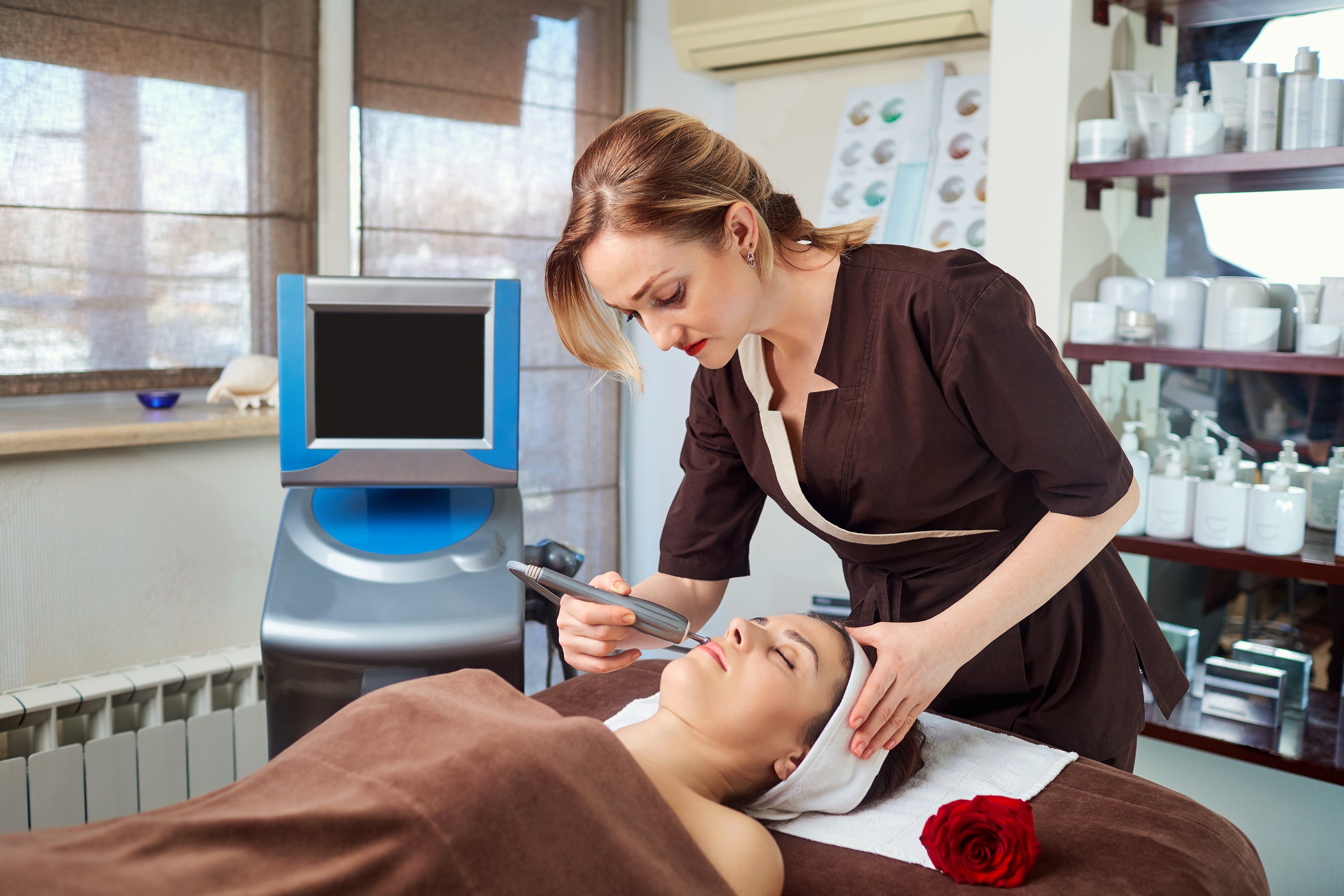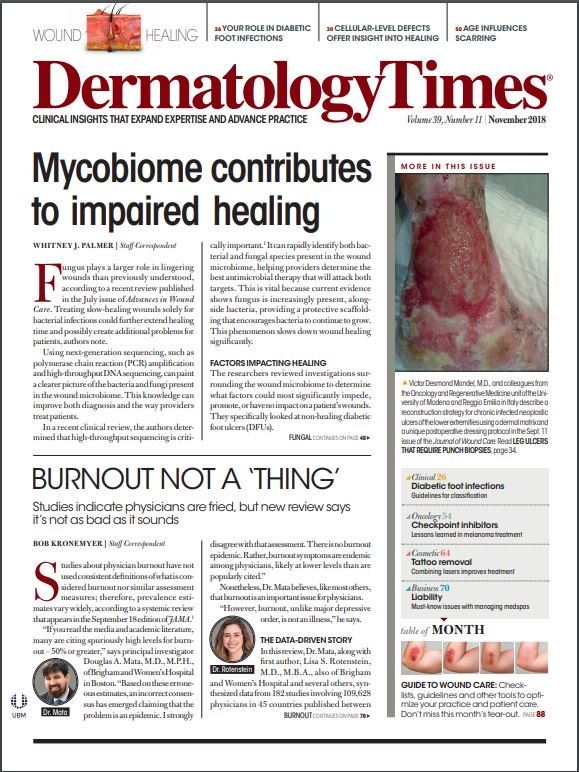- Case-Based Roundtable
- General Dermatology
- Eczema
- Chronic Hand Eczema
- Alopecia
- Aesthetics
- Vitiligo
- COVID-19
- Actinic Keratosis
- Precision Medicine and Biologics
- Rare Disease
- Wound Care
- Rosacea
- Psoriasis
- Psoriatic Arthritis
- Atopic Dermatitis
- Melasma
- NP and PA
- Skin Cancer
- Hidradenitis Suppurativa
- Drug Watch
- Pigmentary Disorders
- Acne
- Pediatric Dermatology
- Practice Management
- Prurigo Nodularis
- Buy-and-Bill
Publication
Article
Dermatology Times
Medical spa owners face increasing liability risks
Author(s):
I have pending malpractice lawsuits after opening a medical spa. What are my legal issues?
In this months Legal Eagle, Dr. David Goldburg discusses the increasing liability issues facing dermatologists who own medical spas. (Studio Romatic - stock.adobe.com)

Dr. Broke has been in practice for 20 years. Over the past five years he has experienced a progressive increase in overhead expenses with a corresponding decrease in revenue, despite the fact that he is both a well-respected medical dermatologist and has started performing cosmetic procedures. He has noticed that various types of medical spas are opening around him, which all appear to be successful. Most have limited if any medical supervision, and he works in a jurisdiction that has limited rules relative to supervision. Dr. Broke makes the decision to open his own medical spa a few blocks away from his current office building. He hires medical assistants and aestheticians to perform a variety of energy-based procedures and injectables. Within a year, he has over five medical malpractice lawsuits and three complaints to his local state Board of Medical Examiners. He is now overwhelmed with his legal issues and wonders if he will survive financially and emotionally. What are his legal issues?
Dermatologists or other physicians who become involved in the medical spa industry are lured by the lucrative income and flexible nature of ownership. However, as the popularity of this business model increases, so does the risk for liability.
The number of medical spas in this country is now at a record high. It is true that the number of medical spas decreased drastically during the recession of one decade ago; however, in the last decade the number has increased dramatically. Dermatologists, among other core physicians, are opening medical spas or adding medical spa services to existing practices as the demand for non-invasive cosmetic procedures grows. Unfortunately for these physicians, non-core physicians, mid-level practitioners, and entrepreneurs are beginning to outpace core doctors in the medical spa space, according to 2017 Medical Spa State of the Industry Report.
Though medical spas offer non-invasive and, what some might suggest are fairly simple medical treatments like neuromodulator injections and laser hair removal, these procedures carry the same risk of litigation as any other medical procedure. Due to the aesthetic nature of the treatments and spa-like setting where most treatments are performed, there is a public perception that medical spa procedures are risk-free. This misconception has contributed, in part, to the recent rise in litigation that has put medical spas in the legal spotlight.
There are several common patient allegations that potentially put dermatologists at risk of losing medical malpractice cases based on negligence or of having a State Medical Board revoke their license to practice medicine.
Negligence lawsuits against a dermatologist are lost when a plaintiff’s attorney can show the dermatologist breached his/her reasonable duty and that there is a nexus between that breach and economic damages. If a dermatologist employee breached that same reasonable duty and it can be shown that there is a nexus between that breach and economic damages, more often than not the dermatologist will also be found liable.
Similarly, based on the state jurisdiction, if it can be shown the dermatologist did not provide appropriate supervision, that dermatologist can lose his/her medical license.
In the end, what Dr. Broke needs to be concerned about is that lawsuits are often filed by patients due to allegations of lack of supervision of medical treatments, inadequately trained medical spa personnel, less than optimal results, and lack of informed patient consent.
Dermatologists now must be particularly careful when signing on as a “medical director” of a medical spa, offering medical spa treatments or opening a medical spa of their own.







